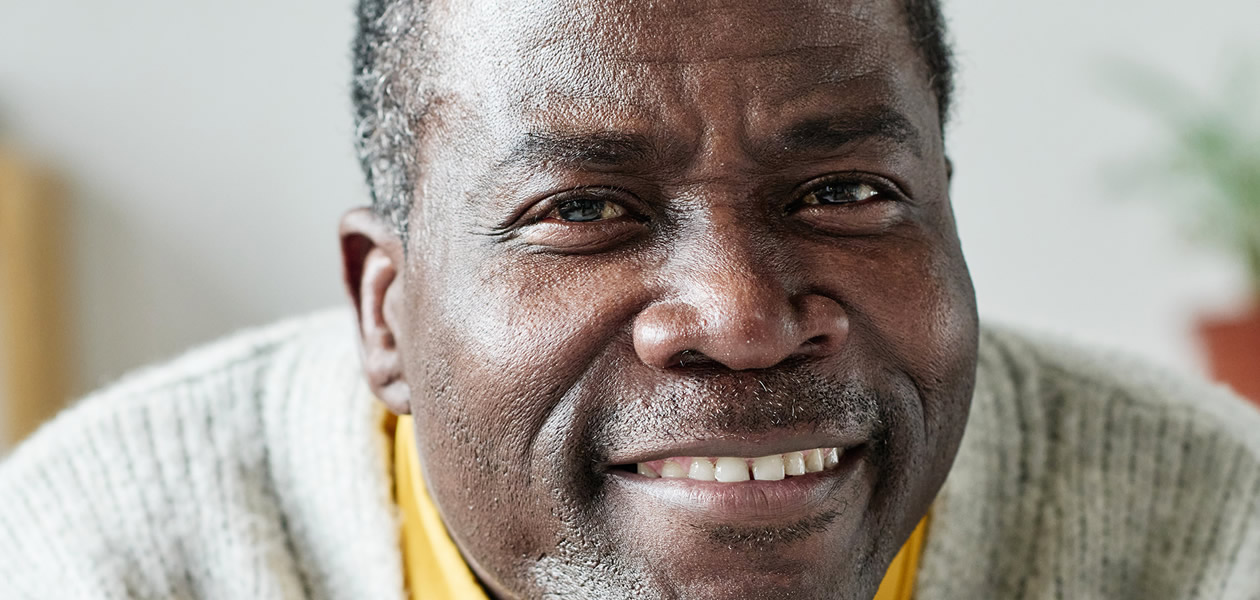-

-

-

WHAT IS MENTAL HEALTH
Find Out More -

-

WANT TO KNOW YOUR MENTAL STATE?
Take a Test -

-


The World Health Organization defines it as “a state of mental well-being that enables people to cope with the stresses of life, realize their abilities, learn well and work well, and contribute to their community”.
Mental well-being is a state of thriving in various areas of life such as school, work, play, relationships and more despite the challenges life throws at us.
It is important to understand that mental well-being is not the absence of mental illness or the lack of problems, challenges and adversity. It is our ability to cope and brave through in the face of all these in the best healthy way.
These are health conditions that involve changes in one’s emotion, thinking or behaviour (or a combination of these). Mental illness is usually associated with distress and/or problems functioning in social, work or family activities.
Some of these common conditions include Depression, Bipolar Disorder, Anxiety disorder, Schizophrenia, Eating disorders, Addiction etc.
There are no known causes of mental health problems. However, there are several factors that have been identified as increasing one’s risk to developing such challenges. Some of these are life events, underlying physical illness, stress, family history of mental health problems, poverty, unemployment, substance use etc.
.
There are no known cures for mental health problems (including mental well-being challenges and mental illnesses).
With respect to mental well-being, it is more realistic and helpful to identify what helps with the issues you face. Additionally engaging in healthy activities such as exercise, counselling, talking to a friend, therapy etc are a good way to deal with some of these problems.
Regarding mental illness, the above is equally useful but early identification and intervention by a medical professional is important to minimize further deterioration.
Mental illnesses are classified as chronic conditions that last 1 year or more and require ongoing medical attention or limit activities of daily living or both. Examples of chronic conditions include hypertension, diabetes, sickle cell, Asthma etc. Therefore, mental illnesses usually require long term treatment with medications and/or therapy to manage symptoms and improve the overall quality of life.
Mental health challenges can affect everyone, but developing our well-being, healthy coping skills and seeking help early can help prevent serious problems.
If you notice any changes in your thoughts, feelings, behaviour or beliefs that impair your ability to function in what might be considered your normal/ordinary way, it would be important to seek some help.
This also applies in the case of someone you know.
A useful initial step is to talk to someone you trust. Furthermore, a first point of medical contact is to see a general practitioner or visit the nearest medical facility to talk to a professional.
Also, if possible, speak to a specialized medical practitioner as in a psychiatrist or clinical psychologist.
The same applies in case you want to seek help for someone other than yourself who may be experiencing some mental health challenges.
The Mental Health Index (MHI) is a digitally based support system that pools knowledge, talent and teams of health professionals from across the globe, to deliver quality care to everyone.
The Mental Health Index makes it possible for everyone to experience mental wellbeing. With the touch of a button, everyone can access quality care in the privacy of their preferred spaces and be able to identify potential upsets before they become serious issues.
It is a well-resourced, user-friendly and educative platform that allows its users, access to information pertinent to their needs or requirements and serves as a one-stop shop for mental wellness.
MHI creates access to Mental health care through a digital platform and is supported by a series of awareness creation campaigns across all media channels, and outreach programmes to help change the mental health narrative in our communities.
It is also a platform that creates opportunity to raise funds to provide the well needed financial and technical support to our existing Mental Health facilities.
As part of its resource and team, the project has qualified medical professionals in the areas of psychiatry and psychology, renowned media and sports personalities, and other relevant stakeholders on hand to provide the necessary education and context to encourage the desired behaviour change.
The singular mission of MHI, in essence, is to positively impact the mental health space both locally and internationally with measurable success in the medium to long term.
There are a myriad of mental health conditions which have been diagnosed using the International Classification of Diseases (ICD10-11) or the Diagnostic Statistical Manual (DSM 5). Based on these diagnostic criteria, mental health conditions are graded under mild, moderate and severe. The decision to prescribe medication depends on the type of condition, the degree of impairment, distress to the person, individual patient factors and patient choice.
In mild cases with minimal distress, therapy without medications is considered but should there be any deterioration, medications may then be prescribed.
In severe conditions with significant distress, treatment options are almost always medications and therapy.
The decision to taper or stop medication, is largely dependent on treatment outcomes and patient choice. However, it is advisable to adhere to treatment once prescribed for a good outcome.